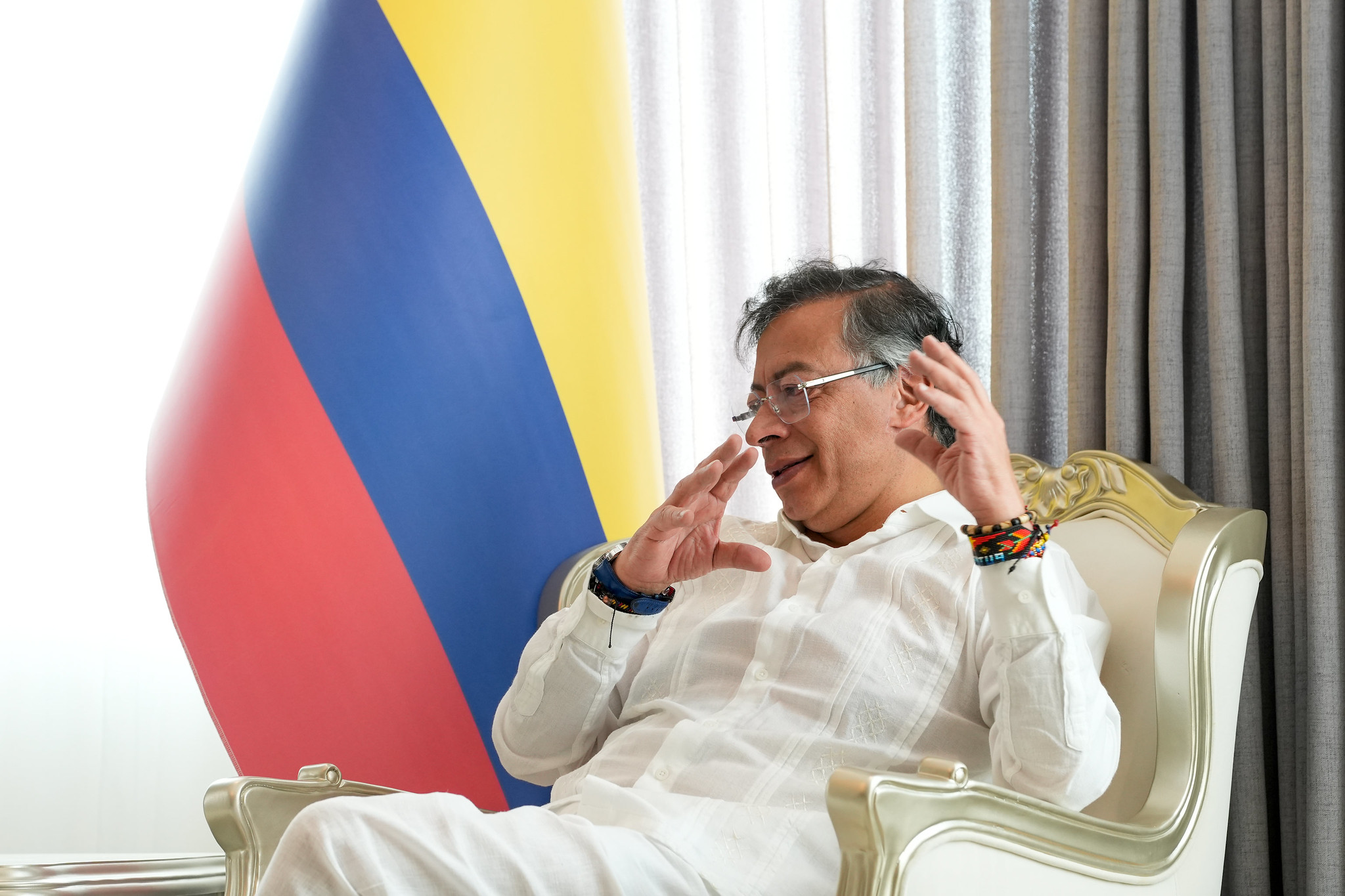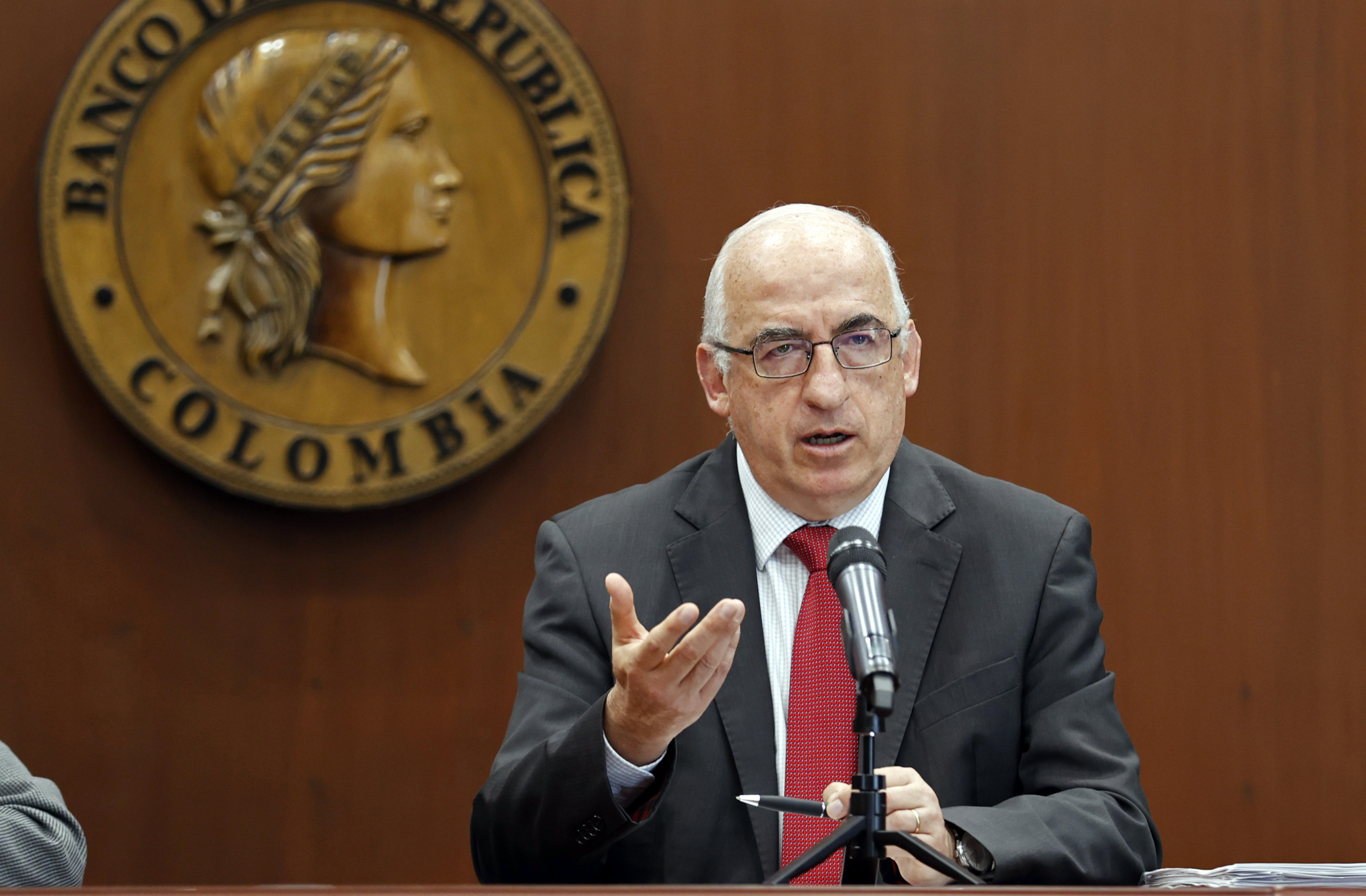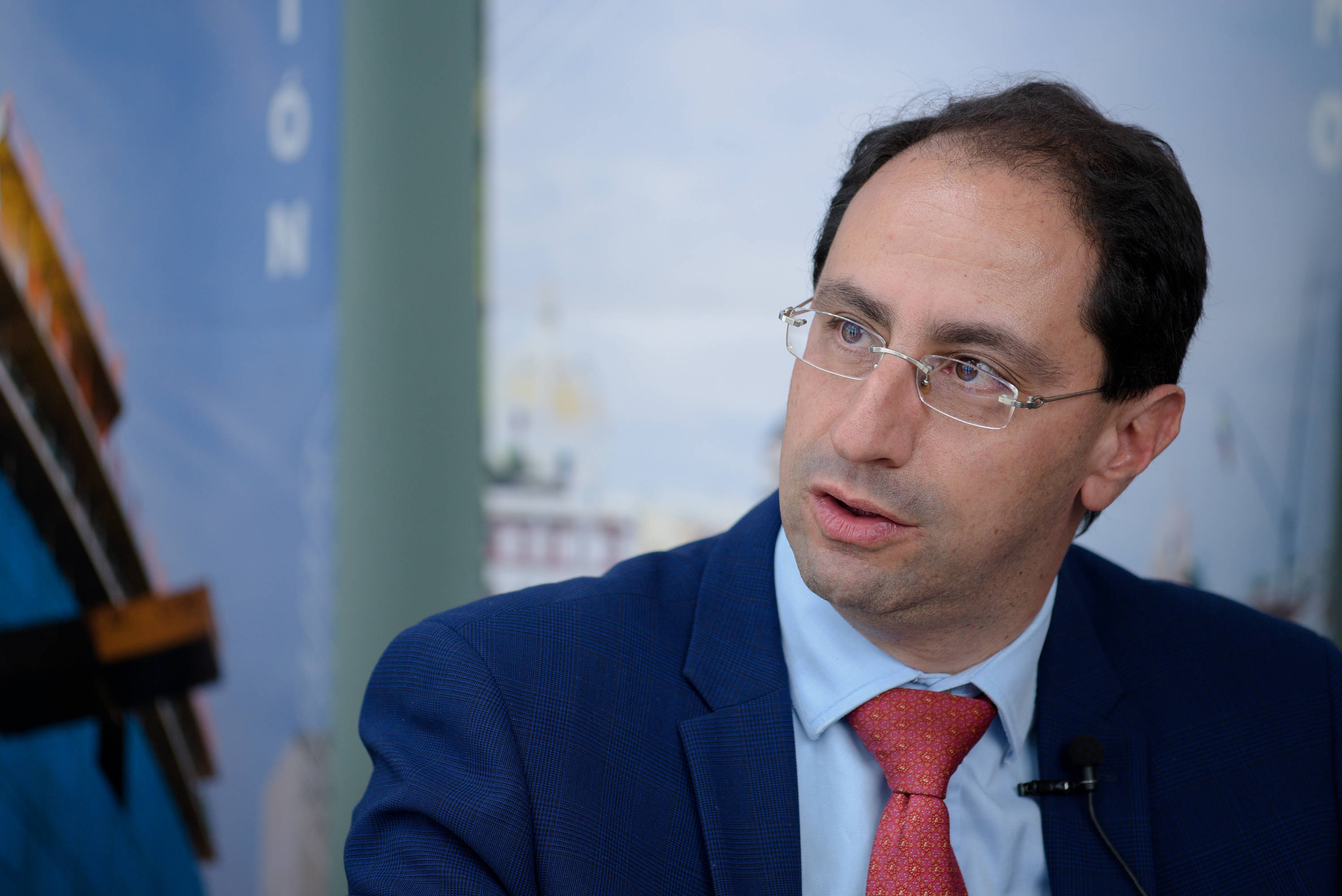Gustavo Petro on the Central Bank's decision to maintain the interest rate at 9.25%: 'It will go down when we elect the next board member'

During his presidency, Gustavo Petro has maintained a firm stance against the Central Bank regarding its interest rate decisions. The president has repeatedly stated that the rate should be reduced, and this Friday, after the Central Bank's board of directors voted by majority to maintain its benchmark interest rate at 9.25 percent for the sixth consecutive month, he reiterated his position.
"It will only go down when we choose the next member of the board of the Bank of the Republic," he said in a short message on his X account.

President Gustavo Petro reacted to the State Council's decision. Photo: Presidency of the Republic
According to the entity, four co-directors voted to maintain the rate; two to reduce it by 50 basis points and one for a cut of 25 basis points.
Among the reasons the central bank's board considered for keeping the interest rate stable was the fact that inflation in September rose again for the third consecutive month, reaching 5.2 percent, while market analysts' inflation expectations increased. "All measures were above the 3 percent target for the next two years," the bank stated in its press release.

Leonardo Villar, manager of the Bank of the Republic. Photo: Bank of the Republic
"While unemployment is falling sharply and employment is rapidly increasing, the board of directors of the Bank of the Republic, for purely political reasons, seeks to contain economic growth; not to curb inflation," was another criticism leveled by the head of state in August.
According to the president, if interest rates were lowered, " growth could take off and employment and prosperity for Colombian society could increase even further ."
This view has been refuted by experts such as former Finance Minister and rector of EIA University, José Manuel Restrepo. The former minister asserted that the bank's decision is not based on "political issues," but rather on an "overwhelming fiscal reality."

José Manuel Restrepo, Colombia's new Finance Minister. Photo: El Tiempo / courtesy
"If you were to make the effort to control the fiscal deficit, it would give the central bank room to lower rates. This fact, along with others, explains the higher inflation expectations, which doesn't allow for easy rate cuts. It has nothing to do with political reasons," Restrepo explained.
Carlos Betancourt, the technical deputy minister of Finance and acting minister, stated that the Government deviated from the majority decision of the Board and voted for a reduction in the interest rate —without mentioning by what proportion— arguing that there is still room to support the economic recovery.
JUAN PABLO PENAGOS RAMÍREZ
With assistance from artificial intelligence and input from Economics*
eltiempo





